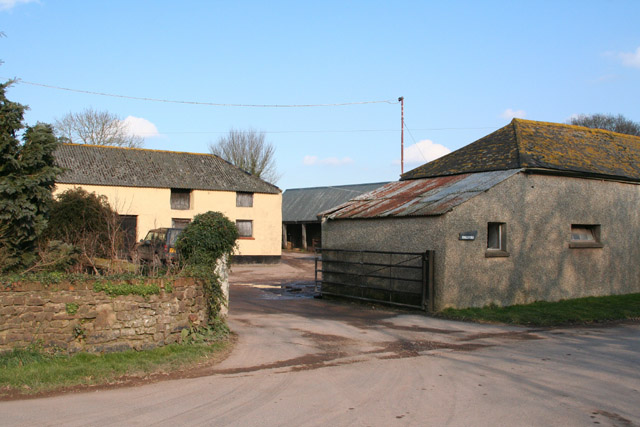Farmers cultivate plan for CO2 reduction
Agriculture is a significant source of greenhouse gas emissions around the world. The UK farming industry revealed its plans for making the sector greener over the next decade. The government supports their efforts, but is keen to stress the importance of following the plan through.

 The UK farming industry launched its plan for reducing their greenhouse gas emissions and Agriculture Minister Jim Paice challenged them to live up to this commitment.
The UK farming industry launched its plan for reducing their greenhouse gas emissions and Agriculture Minister Jim Paice challenged them to live up to this commitment.
The Greenhouse Gas Action Plan, a joint publication (4 April) from 16 bodies representing the agricultural industry including the National Farmers Union (NFU), sets out plans for 3 million tonnes of emissions reductions from 2018 to 2022.
“The main focus of our action plan concerns how farmers and growers can become more efficient, producing more with fewer resources and fewer emissions,” said Gwyn Jones, NFU Vice President.
Agriculture is responsible for about 9 per cent of UK greenhouse gas emissions but the vast majority is non-CO2 gases such as nitrous oxide, which is 298 times more harmful than CO2.
If the UK successfully meets its 2050 climate change targets then farming will emit a greater proportion of UK emissions, while other sectors reduce theirs.
Speaking at the launch of the plan, Paice said: “This is the first step on the farming sector’s road to becoming more sustainable and I expect the partner organisations to show clear leadership as industry works to meet this challenge.”
The government is supporting the industry with £12.6 million to improve how emissions from farms are measured, by launching a pilot advisory scheme, working with supply chains and devising policy measures that could support the industry such as Common Agricultural Policy reform.
Efficiency measures are seen by the industry as key to achieving their environmental goals.
Gwyn Jones said: “We strongly believe that 'sustainable intensification' will enable us to produce more with a reduced impact on the planet.”
The NFU are confident the plan will bring about significant greenhouse gas emission reductions without compromising domestic production – they are keen to ensure increased imports do not replace UK production as a way to reduce emissions.
The plan is split into three phases; the first ends in 2012 and coincides with a government review of the industry’s emissions reductions’ progress.
Phase 1 sets the foundations and involves developing a communication strategy and appropriate monitoring, Phase 2 will run until 2015 and build on work done in the previous phase while increasing uptake of environmental practices across the industry and Phase 3, which runs until 2020, will involve ensuring the majority in the industry are taking steps and initiatives and assurances will be offered to boost additional uptake and change.
Recent research shows that changes in diet for livestock is one way to reduce emissions, particularly of methane and nitrous oxide.
For further information:
Greenhouse Gas Action Plan (NFU)
Image: Martin Bodman | Geograph.org.uk




